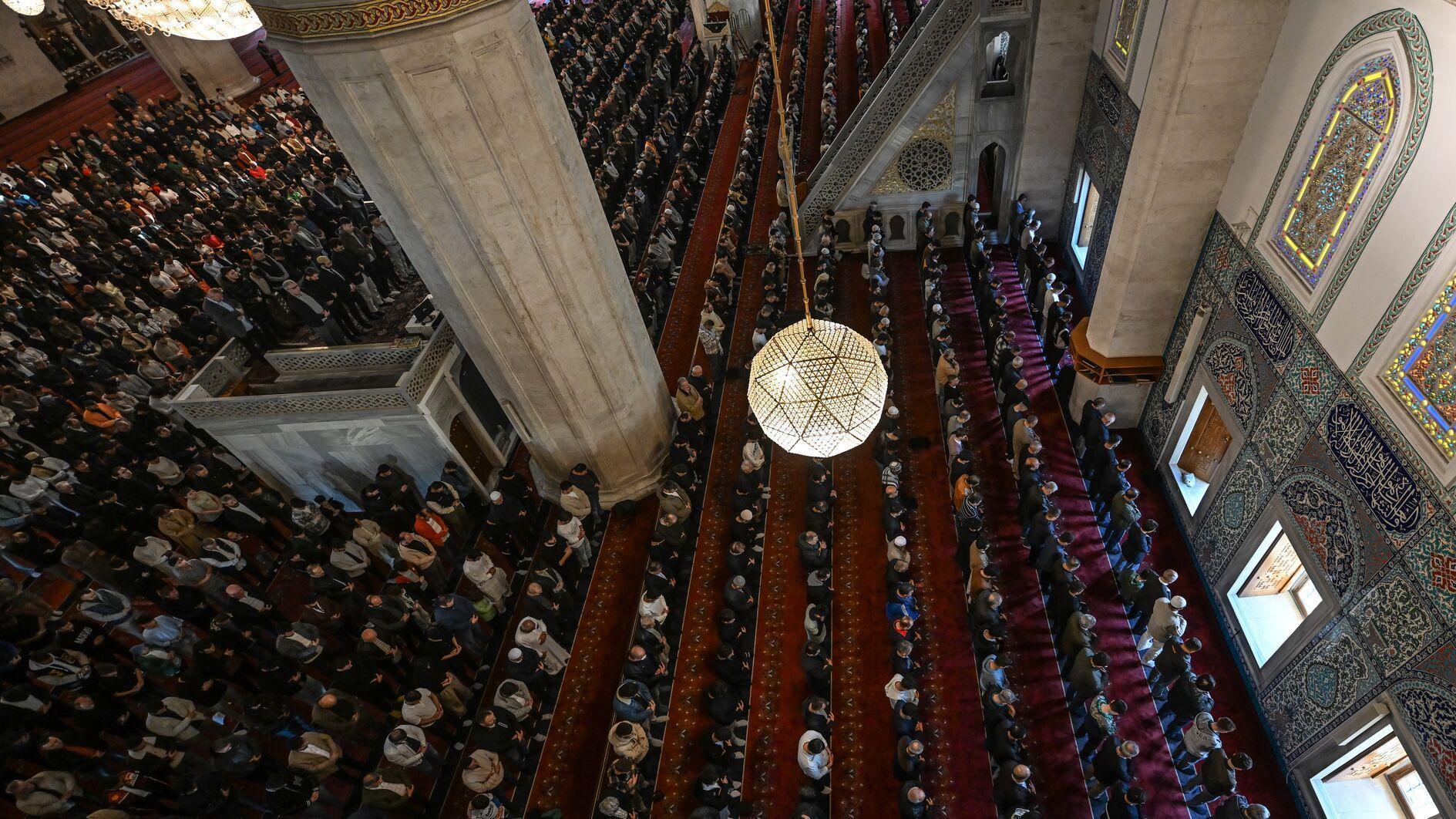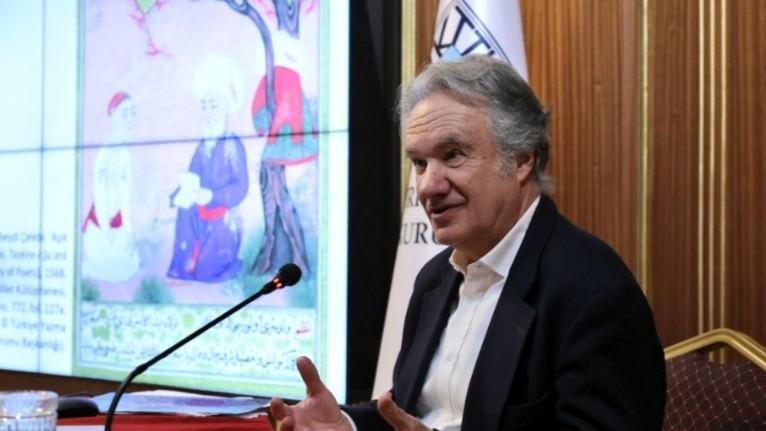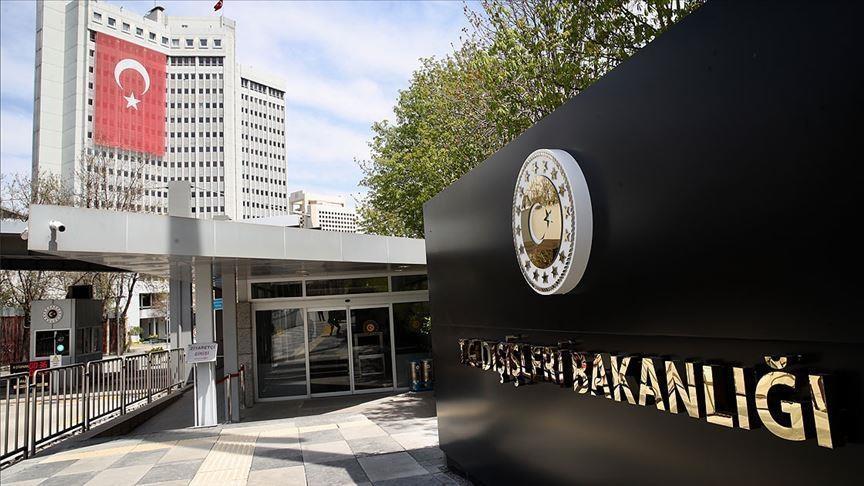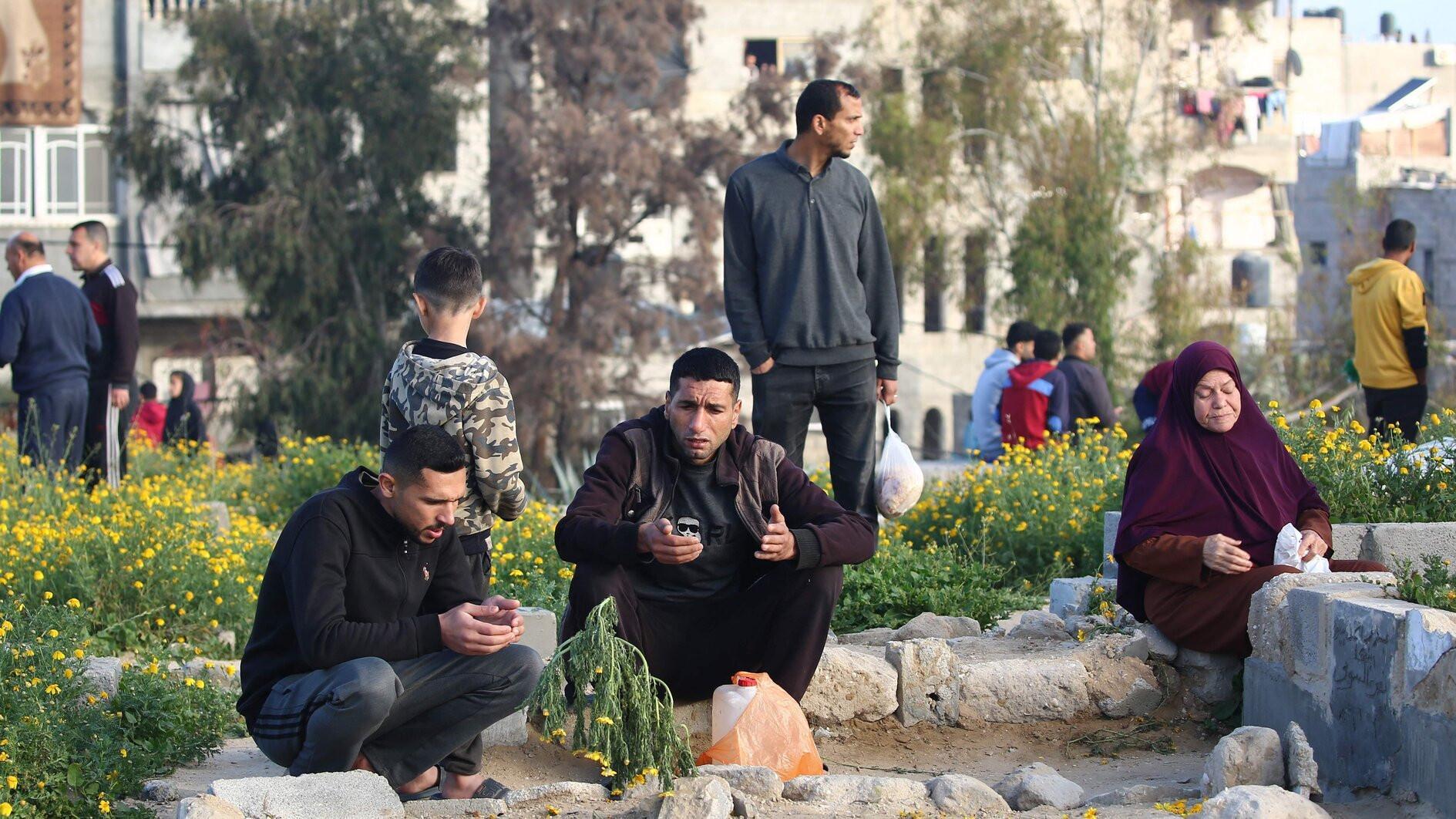The conservative Muslim’s growing problem: ‘Infidelphobia’
Ostensibly it is a political issue. In reality, research to understand the mental dynamics/calculus of Turkey’s observant Muslims should fall into the disciplines of social psychology and, in some cases, psychiatrics.
It seems that the Istanbul Governor’s Office thwarted a colossal danger to the city’s non-pervert population when it banned last Sunday’s LGBT Pride march. Tens of thousands of pious Muslims and 100 percent pure-DNA Turks could have been exposed to the risk of becoming gay if they saw gays marching on the streets of their city. That was a near miss. What if gayness spreads to passers-by? What if good Muslims had suddenly become gay when their only fault was to walk near Taksim Square? Fortunately that tragedy was averted.
Similarly, the good Muslims of the Firuzağa neighborhood in Istanbul avoided staining their fasting and probably becoming apostates when some 20 courageous Muslims attacked a record shop where a group of Radiohead fans was holding a party listening to the band’s music. The infidel music would have violated Muslims’ fasting if it had not been stopped. Besides, the infidels themselves were drinking alcohol during Ramadan, a great sin that may have spread to Muslims in the neighborhood.
Why do observant Muslims panic and get violently provoked at the slightest sight of “sinning” and “sinners”? Why are they so afraid of abandoning their beliefs when others, not themselves, sin? Why do they think, for instance, the sight of someone not fasting during Ramadan - someone who may not even be Muslim, or who may be sick, or who may be pregnant, etc. - and eating, drinking or smoking publicly may impair their own fasting? Why do they fear that they may be sinning when someone sitting at the next table at a restaurant is drinking alcohol? What so deeply annoys them when someone else sins? Do they think, like homosexuality, sinning can also be contagious? And are they sure they are sin-free? Is anyone?
There must be a rich menu of explanations. But one answer is probably hidden in the observant Muslim’s “conquest-fetish.” This is about his obsession with spreading his own (and only his own) practice of Islam to non-Muslim, not-Muslim-enough, and not-pious-enough lands. These lands could be a foreign country, or another Turkish city, or his own neighborhood. Call it “infidelphobia.”
The sight of sinning makes the conservative Muslim feel that “the other” is conquering Muslim lands, while in his ideal world the opposite should be happening. He will feel irritated by the sight of sinning. He will think that let alone conquering other lands, he has not even been able to Islamize his own lands. A bitter reminder of failure.
President Recep Tayyip Erdoğan seemingly took a “balanced” or “neutral” stance on the incident at the Firuzağa record shop – ironically owned by a Korean man. “Both sides were wrong. Attacking the shop was just as wrong as holding that event during Ramadan,” he said.
As usual, Mr. Erdoğan exhibited the thinking not of a statesman but of an Islamist. President, you should understand that holding a listening party in this country is NOT illegal, whether during Ramadan or not.
Attacking people with pipes and bottles and injuring them, however, IS illegal. How can lawful behavior be as “wrong” as unlawful behavior for a country’s president? Which article of the criminal code says it is illegal to have a music-listening party during Ramadan?
But the president’s thinking is not surprising at all. After all, it was he who, after thugs attacked an art gallery because they suspected people might be drinking alcohol in their plastic cups, said that “such incidents occur everywhere in the world. There is no reason to exaggerate.”
Sadly, the president was wrong then and he is wrong now. Such incidents, including de facto state protection for thugs executing the state/dominant ideology, occur only in the not-free parts of the world.










